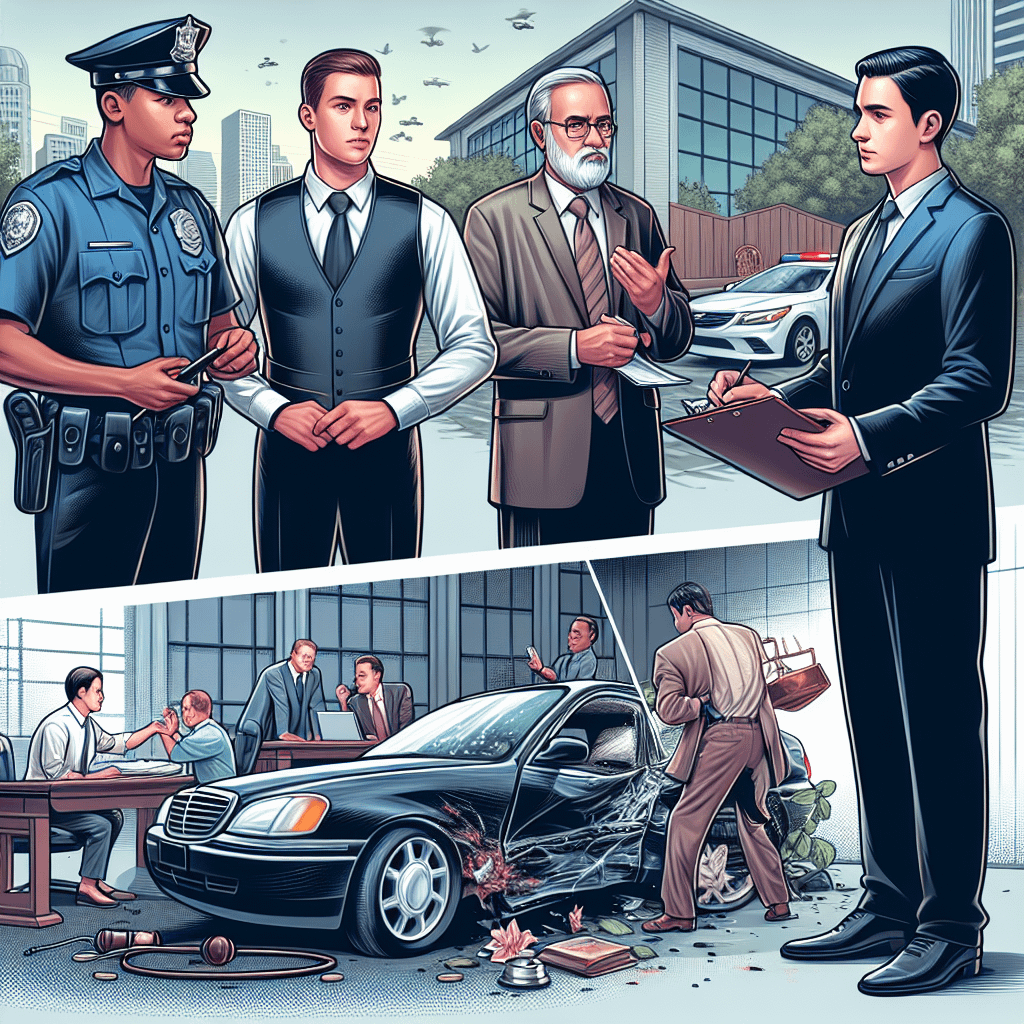What Should I Do After a Car Accident?
Finding yourself in a car accident can be a stressful and bewildering experience. Even minor accidents can leave you feeling shaken and unsure about what steps to take next. Don’t worry, I’m here to guide you through the essentials, calmly and clearly, to help you manage the situation as smoothly as possible.
Stay Calm and Ensure Safety
First things first, take a deep breath and stay calm. It’s important to keep a clear head so you can handle the situation effectively. Check yourself and any passengers for injuries. If anyone is hurt, call emergency services immediately by dialling 000.
If it’s safe to do so, turn on your hazard lights to alert other drivers. Try to move your vehicle out of traffic to a safer spot on the side of the road. If the car is immobile or unsafe to move, stay inside with your seatbelt fastened until help arrives.
Check on Others Involved
Once you’ve ensured your own safety, check on the other people involved in the accident. If they’re injured, you shouldn’t move them unless they’re in direct danger. Offer assistance and also call for an ambulance if needed.
Call the Police
Even if the accident seems minor, it’s a good idea to contact the police. They can help direct traffic if needed and will document the accident scene, which can be crucial for insurance claims. In Australia, you’re required to report the accident to the police if anyone is injured, if there’s substantial damage to vehicles or property, or if there’s any dispute about the accident.
Gather and Share Information
Collecting the right information is crucial. Exchange the following details with the other driver(s):
- Name and contact information
- Driver’s licence number
- Vehicle registration number
- Insurance details
Take note of the accident’s time, date, and location. It can also be helpful to gather contact information from any witnesses.
Document the Scene
Use your phone to take photos of the accident scene from several angles. Capture the location, damage to vehicles, and any relevant road signs or signals. These images can be important evidence if there’s a dispute later on.
Avoid Admitting Fault
Immediately admitting fault at the scene could complicate matters later on, even if you feel partly to blame. Often, accidents can result from numerous factors, and investigations might reveal an underlying cause. Stick to the facts when discussing the incident with the other parties and police.
Notify Your Insurance Company
Report the accident to your insurance company as soon as possible. They’ll guide you through their claims process and explain what coverage is available. Be prepared to provide them with all the gathered information and any details you reported to the police.
Seek Legal Advice If Needed
Sometimes accidents can lead to legal complications, especially if there are injuries or significant damages involved. In such cases, it might be wise to consult with a lawyer who specialises in personal injury or motor vehicle accidents in Australia. They can provide you with advice tailored to your situation and help you understand your rights and obligations.
Look After Yourself
After the practicalities are dealt with, take some time to look after your well-being. Accidents can be mentally and emotionally taxing, so don’t hesitate to seek support if you’re feeling overwhelmed.
Practical Tips
- Keep an emergency kit in your car with items like a first-aid kit, a flashlight, and reflective triangles or cones.
- Regularly check that your insurance policy is up-to-date and verify what your coverage entails.
- Familiarize yourself with the accident procedures outlined in your insurance policy.
Remember, while it might be a daunting experience, you’re not alone. With these steps, you can handle the aftermath of a car accident more confidently. Always consider validating this guidance with a professional for tailored and comprehensive advice.
Stay safe on the roads, and take care!








